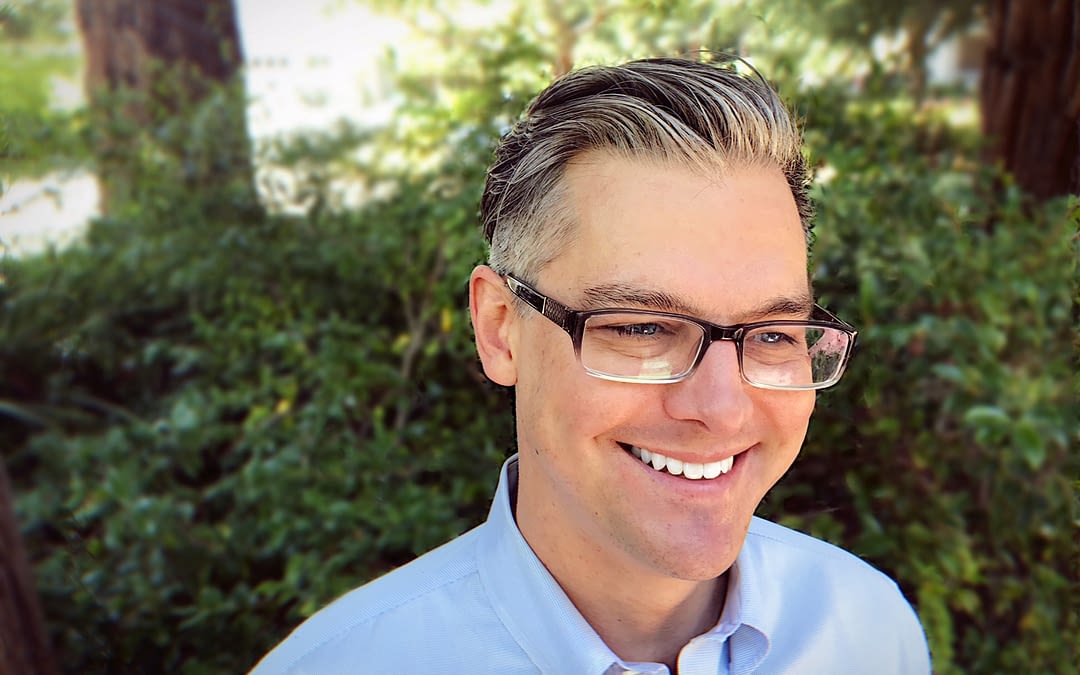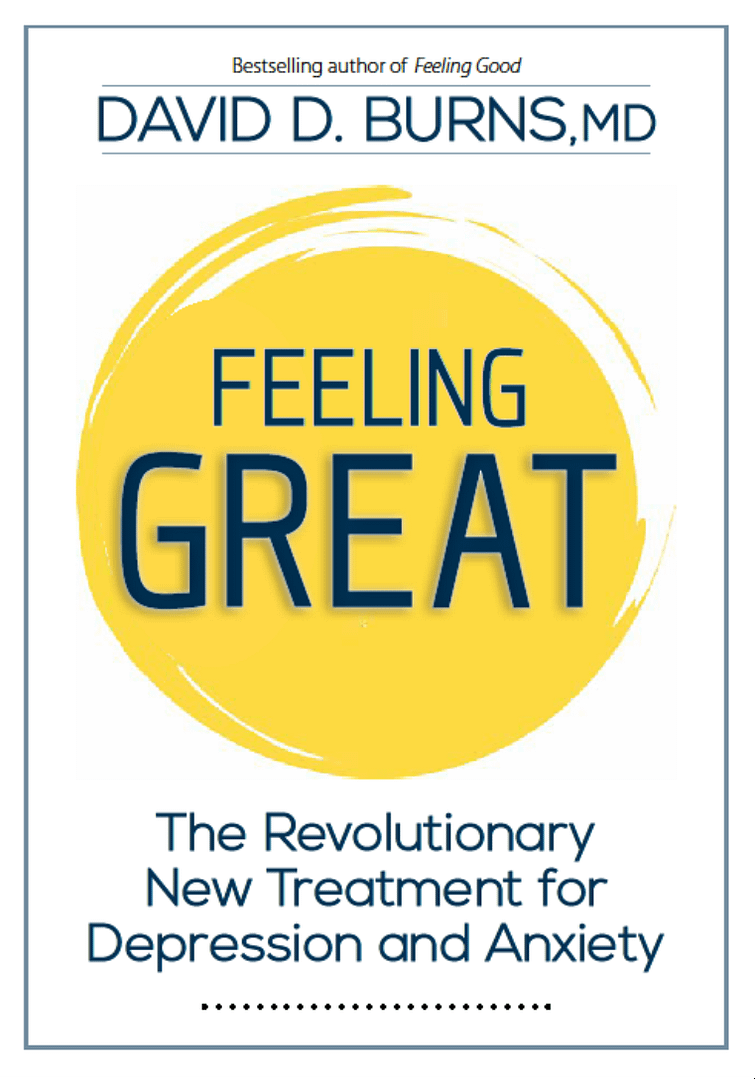Featuring Matthew May, MD
Today, Part 1. The Inner Bully
Next week, Part 2. The Outer Bully
There are two types of dialogues that can get us in trouble. The first is your “Inner Dialogue.” Your Inner Dialogue sometimes consists of negative thoughts and perceptions of yourself and the world, which are often dominated by the familiar cognitive distortions that trigger internal mood problems, like depression, anxiety, guilt, shame, inadequacy, loneliness, hopelessness, and more.
Examples would be “I’m a failure because . . . “ or “I should be better than I am,” or “I’m really going to blow it when I give my talk, and a myriad of variations on these themes. Your Inner Dialogue often consists of mean-spirited things you say to yourself, much like the schoolyard bully who intimidates younger, weaker children. The only difference is that you are doing this to yourself, often without noticing or realizing what that voice inside your brain is up to. When you challenge and crush these distorted perceptions, you can CHANGE the way you FEEL.
Your Outer Dialogue consists of the things you say when you have with interactions with other people, and this can be especially important when you’re dealing with others who are critical of you, or even threatening you with violence. The strategies are quite different from the strategies you might use to challenge and defeat your Inner bully.
Today, Rhonda, Matt and I will demonstrate various strategies for defeating the Inner Bully. Next week, in Part 2, we will demonstrate strategies for defeating the Outer Bully! Those strategies, in extreme cases, might even save your life one day, as you’ll see next week.
Rhonda starts the podcast by reading an awesome comment by certified TEAM-CBT therapist Dan Prine, who commented in a kindly way on podcast 334, where we interviewed Michael Yapko on hypnosis.
Then we focus on multiple techniques to challenge two negative thoughts with a variety of strategies. The first negative thought is one we’ve seen on a number of occasions from women who had abortions as teenagers, and then experienced extreme depression and guilt later in life because of their thought, “I’m a bad person because I murdered my baby.”
Using role-playing, we illustrated E = Empathy, using the Five Secrets of Effective Communication, followed by A = the Assessment of Resistance, using the Magic Button, Positive Reframing, and Magic Dial, followed by M = Methods. Methods included Examine the Evidence, the Double Standard Technique, the Externalization of Voices (with Self-Defense, the Acceptance Paradox, and the CAT, or Counter-/Attack Technique, along with the Socratic Technique, and more.
Then we focused on a thought familiar to Rhonda during moments of insecurity and self-doubt: “I don’t matter!” This thought has plagued Rhonda since she was a child. She recalled her father often saying, “Who are you? You don’t matter!”
She told herself, “He’s saying that because I don’t matter.” Even the memory causes great pain and agitation.
Of course, on some level, her father’s comments never had any effect on her. Only your thoughts can cause you to feel one way or another. But this was devastating to Rhonda because she believed what her father said, which is understandable, and those thoughts caused the pain.
We again illustrated many approaches to challenging this thought, but one of the techniques that was most helpful was the CAT. During the Externalization of Voices, the Positive Rhonda said this to her Inner Bully: “I’m not going to listen to you anymore! I’ve had enough of your BS!”
Thank you for listening today. Remember to tune in to the Outer Bully next week!
Rhonda, Matt, and David
Rhonda and I are convinced that Dr. May is one of the greatest therapists on the planet earth. If you have a question or would like to contact Dr. May, please check out his website at: www.matthewmaymd.com



